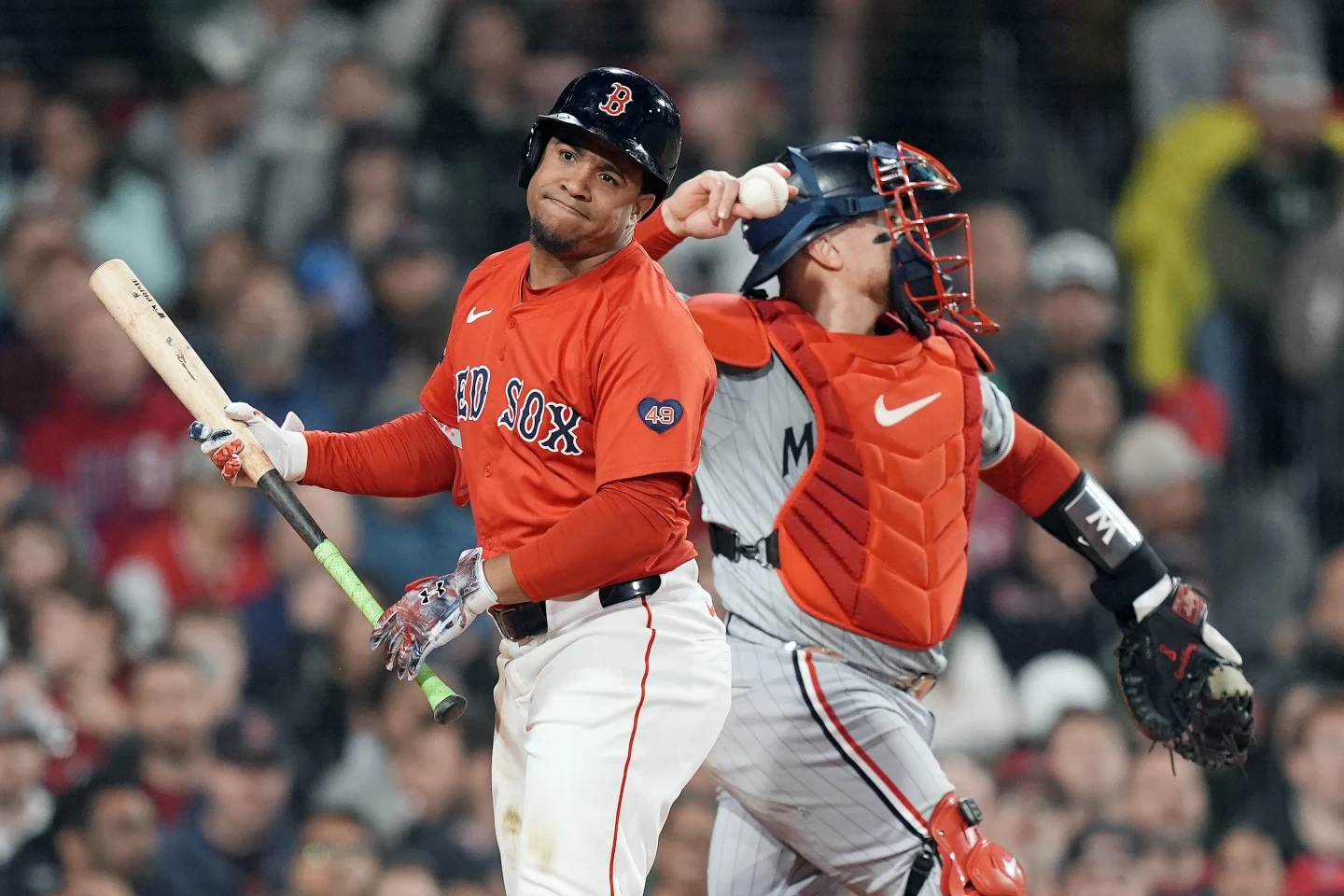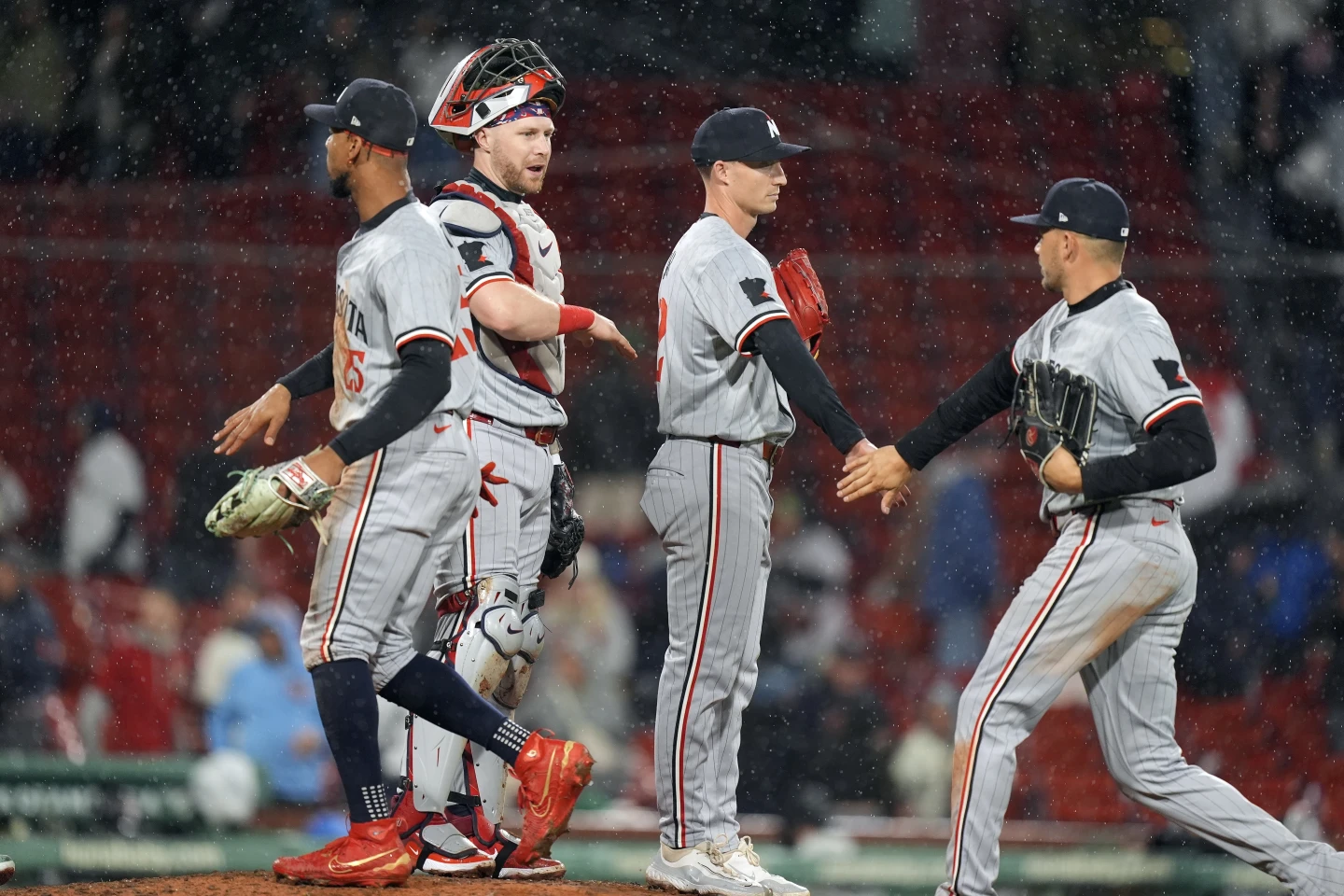J.J. Picollo was in the Kansas City dugout on a surprisingly warm autumn day, waiting for the Royals to face the Detroit Tigers in a game between AL Central rivals that not many expected would be in the playoff hunt this year.
Both teams had losing records last season, and the Royals had fallen far from their successful seasons in 2014 and 2015. They had just come off a 106-loss season, which many considered the worst in the franchise’s history.
Neither the Royals nor the Tigers were in the race for the division title, as Cleveland was taking control of that competition.
However, they were in the running for one of the three wild card spots available to teams in each league, providing Major League Baseball exactly what it wanted when it expanded the playoffs a couple of years ago.
“I like that more teams get in. I think it’s made it more interesting for our fans,” said Picollo, the Royals’ general manager. “There are more fans coming to the games — watching games — than there typically is.
There are several teams on the fringes that could make a move. So the fan base is engaged, and I think that’s awesome for the game.”

There are many reasons baseball has gained attention again this season, including the pitch clock and rule changes that have made games shorter, along with impressive performances from players like Shohei Ohtani and Aaron Judge.
However, it’s still true that many fans lose interest when their team is out of contention — for the Royals, that has been around mid-May lately.
The expanded playoffs mean more fan bases stay involved later into the season; with just over a week left, seven teams were still in the hunt for the three AL wild cards, and five were competing for the three NL wild cards.
“I think it’s done exactly what they wanted it to do, which is keep a lot of people interested, and a lot of teams in it,” said Atlanta manager Brian Snitker. His team saw the Phillies take control of the NL East but were still in the running for a wild card.
In fact, the Braves were competing against another division rival — the Mets — for one of the available spots.
“You know who hates it? My mom,” said Red Sox manager Alex Cora. His brother, Joey, is the third-base coach for Detroit, which means one of Iris Amaro’s favorite teams could make the playoffs at the cost of the other.
“Let’s see who Iris is actually pulling for,” Cora said with a smile. “I think it’s good for the sport, regardless.”
Major League Baseball has changed its playoff format multiple times. From 1969 to 1993, division winners went straight to the league championship series, and then the winners faced off in the World Series. The wild card was introduced in 1994, along with a division realignment to give more teams a chance, and a second wild card in 2012 increased the playoffs to 10 teams.
At that point, each league’s wild cards played a one-game, winner-take-all match for a spot in the divisional round.
“I was involved in two wild cards where it was, ‘Win or go home,’” said Orioles manager Brandon Hyde, whose team began this week in the first AL wild-card spot. “That was like the Super Bowl, it felt like, that one night.”
Two years ago, a third wild card in each league expanded the playoffs to 12 teams, and the single-game playoff was replaced by a best-of-three series featuring those three teams and the lowest-seeded division winner.
While this added two more teams to the mix, it also meant that a team winning its division after a long 162-game season had to play an extra series just to reach the divisional round.

Not everyone likes this aspect of the expanded playoffs. “If you win your division, you shouldn’t have to play in a wild-card series,” Mets outfielder J.D. Martinez said. “I like the idea of a single-game wild card, not a three-game.
I played in two of them, and they were electric. They were unbelievable. They were some of my favorite experiences, those two wild-card games. There’s just so much. It’s like a Game 7.”
Even fans of the same team, who are still in the playoff race because of the expanded format, have mixed feelings about it.
“I’m not a fan,” said Charlies Devries, a Braves supporter from Atlanta. “There is no real reason for it. I like the old way of doing it. I like the one-game wild-card tiebreaker. It doesn’t make it any more exciting in the last part of the season.”
“I kind of like the new format,” replied Jack Mixon, a Braves fan from Hall County, Georgia. “It’s nice to see (the Braves) try to win another World Series. The end of the season is now really exciting because any mistake could cost us the playoffs.”
With just over a week left in the season, that was true for a dozen teams still competing for wild cards.
